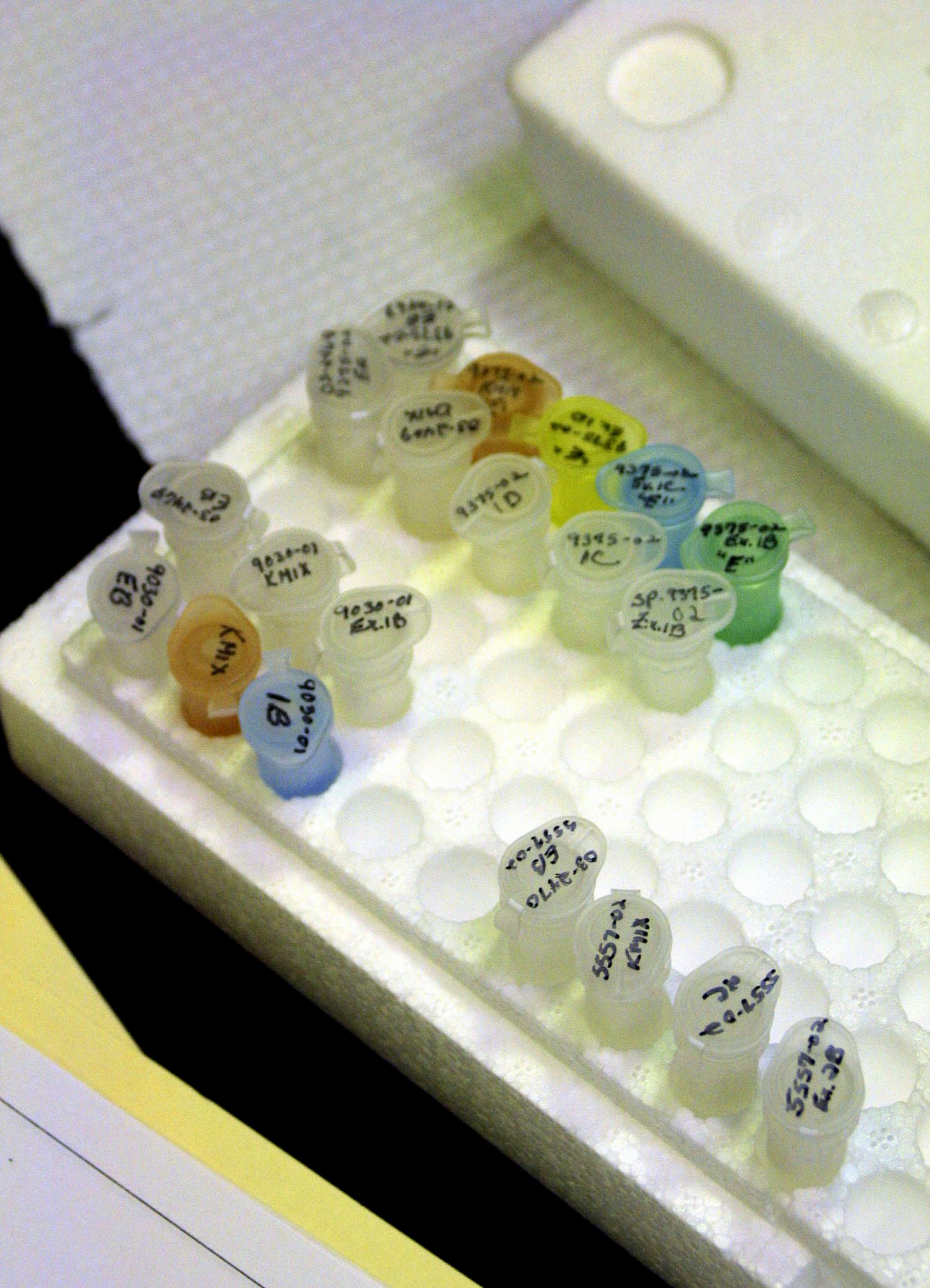The Annie Dookhan story just keeps getting worse and worse. Dookhan, you may recall, is the former Massachusetts state crime lab chemist whose job it was to analyze evidence samples in drug cases and determine whether or not the substances were illicit. Last year she was accused of routinely tampering with and mishandling evidence in these cases over the course of nine years. The whys of the case are still unclear, but the what happened next is not: The state lab where Dookhan worked was closed; hundreds of prisoners convicted on Dookhan-tainted evidence were freed; and the state dismissed or declined to prosecute more than 1,000 other cases.
For good measure, Gov. Deval Patrick appointed an independent counsel to review the relevant case files and determine just how much damage was allegedly done. This week attorney David Meier announced the results of his review, and the scope of the problem is way bigger than was previously believed. Meier estimates that more than 40,000 defendants may have been affected by Dookhan’s alleged misdeeds, up from an initial estimate of 34,000. Not all of those defendants were convicted, or are currently imprisoned. But all of their cases involved evidence with which Dookhan came into contact, and with everything we know now, that’s enough to call for each of those cases to be individually reviewed.
There is no precedent for this sort of widespread evidence tampering, and there’s no real template for what Massachusetts should do next. A recent Boston Globe article quotes Meier on his plans to “get the information into the hands of appropriate people so that fundamental fairness and justice can be done,” but it’s anyone’s guess as to what that means, or how quickly the state can review 40,000 criminal cases. The state public defender’s office thinks that every one of the Dookhan-tainted cases should be thrown out. Though I doubt that will happen, it’s not an outlandish idea. The Dookhan scandal calls into question the fundamental fairness of the state’s criminal courts, and Massachusetts must take decisive action to restore people’s faith in the justice system.
Though the state may try to depict this entire scandal as the work of a lone rogue chemist, the blame goes far beyond Annie Dookhan. Sure, nobody made Dookhan do the things she allegedly did, but I think the state created the conditions that allowed it to happen. All the evidence I’ve seen indicates that the lab where Dookhan worked was overworked, underfunded, and poorly managed; a Boston Globe story from last year reported that emails from lab employees “repeatedly recount pleas from district attorneys to lab workers to expedite cases, amid a growing backlog estimated in a March 5, 2012 e-mail as being at least nine months long.” These sorts of scandals do not happen in labs where accuracy is more important than speed, where getting things right is more important than getting convictions. It’s Massachusetts’ fault that it allowed the lab to devolve to the point where the latter took priority over the former.
Crime is Slate’s crime blog. Like us on Facebook, and follow us on Twitter @slatecrime.
